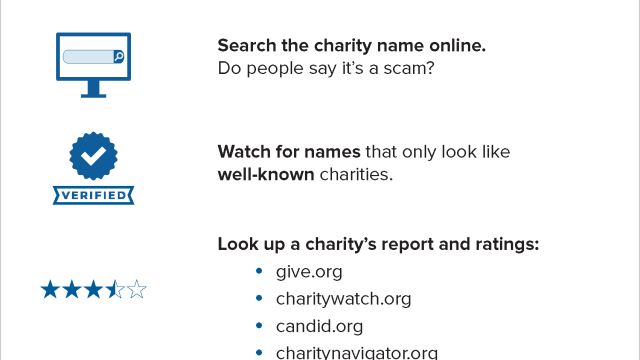Consumer Alert
Fake shipping notification emails and text messages: What you need to know this holiday season
When you order something online, you might get several emails or text messages about your order: Confirming your order. Telling you it shipped. Saying it's out for delivery. Notifying you about delivery. Did you know that scammers send fake package shipment and delivery notifications to try to steal people's personal information — not just at the holidays, but all year long? Here's what you need to know to protect yourself from these scams.

